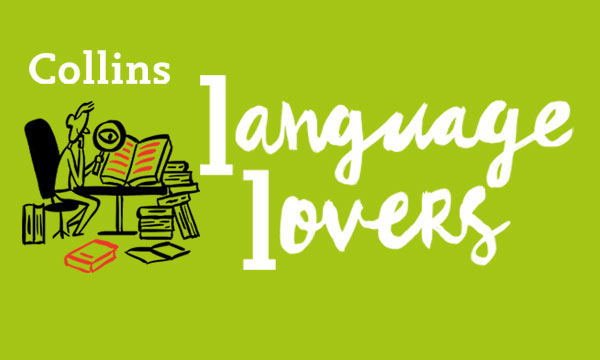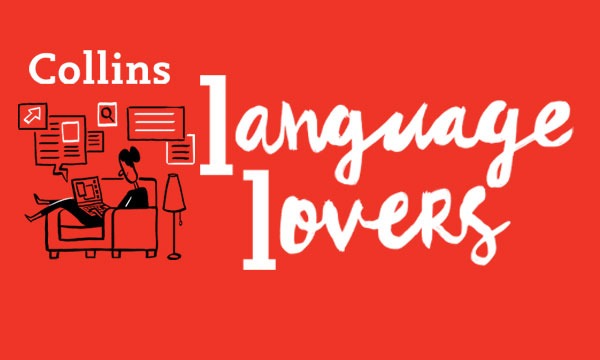One night in the late 1960s, the members of the British band Fairport Convention were travelling back to London after a gig. To while away the long hours on the motorway, they played a game in which each person had to add another letter to a word without completing a new word, but also leaving it possible for later players to form another word. As things got more and more competitive, one band member speculatively proposed the existence of “unhalfbricking”, which of course is not a word that you will find in your Collins Dictionary, but which pleased them all so much that they used it as the title of their next album.
It may not be a “real word”, but “unhalfbricking” demonstrates how English can potentially work with simple building blocks and generate complex words over a dozen letters long. First of all, there is the welding together (“compounding”, as language experts would say) of two existing words “half” and “brick” to form a new unit, and then there is the addition of meaningful elements at the front (“un-” signifying a reversal) and the back (“-ing” signifying the performance of an action). Even if the word does not exist in the dictionary, you can vaguely understand what it might mean, and how words like this might come into being. These same processes lead us to long words such as “antivivisectionist”, “polyunsaturated”, “reupholstering”, and “unputdownable”, which we would accept without demur.
These tricks for extending words to extreme lengths came into play when I encountered the online game Wordiply for the first time recently. This game gives you a short word and asks you to come up with the longest common word that contains the starting word inside it. On my first game, the starting word was TURN. The following are strategies I considered for making the longest word:
- So, one strategy might be to think of compounds such as TURNTABLE, TURNCOAT, and DOWNTURN, and see if you can build onto these to give you some contenders. TURNTABLIST (a word for a skilful DJ) comes in at 11 letters.
- You can also build words by adding prefixes to TURN to create RETURN and OVERTURN and then add suffixes onto the ends of these so that you get UNRETURNABLE, UNRETURNABLY, and OVERTURNABLE (all 12 letters) and even NONRETURNABLE, which has 13 letters. (This even triggered a little firework celebration on the screen as the longest word deemed possible in the game.)
- Remember to add to your score by pluralising nouns (TURNTABLISTS – 12 letters), making comparatives or superlatives, or adding verb endings (OVERTURNING – 11 letters).
- Another point to consider is that the longest common word won’t always be directly derived from the starting word. Even for the starting word TURN, some unrelated words are worth considering, with NOCTURNALLY, TACITURNITY, and SATURNALIAN all using 11 letters.
- A starting string such as ALB allows you to build up from words such as ALBUM (ALBUMBLATTS has 11 letters), ALBATROSS (ALBATROSSES also has 11 letters), and ALBUMIN (ALBUMINIZING has 12 letters). However, you can also look for compounds where the first part ends in -AL and the second part starts with B- (CANALBOATS has 10 letters, while CORALBERRIES and DEALBREAKERS both have 12 letters).
One thing to bear in mind when you play is that the target of the “longest common word” rules out constructions that are logically coherent but are not used much in real life and don’t get listed in dictionaries. If I found myself playing tennis against Andy Murray or Roger Federer, I might jokingly remark on the “hyperunreturnability” of my opponent’s serve, but HYPERUNRETURNABILITY is clearly not a common word, and is therefore not recognised as a valid word for this game. So, it would seem that each different starting word will bring its own particular challenge. Bring on the next puzzle!
Written by Ian Brookes, writer and editor.
All opinions expressed on this blog are those of the individual writers, and do not necessarily reflect the opinions or policies of Collins, or its parent company, HarperCollins.



